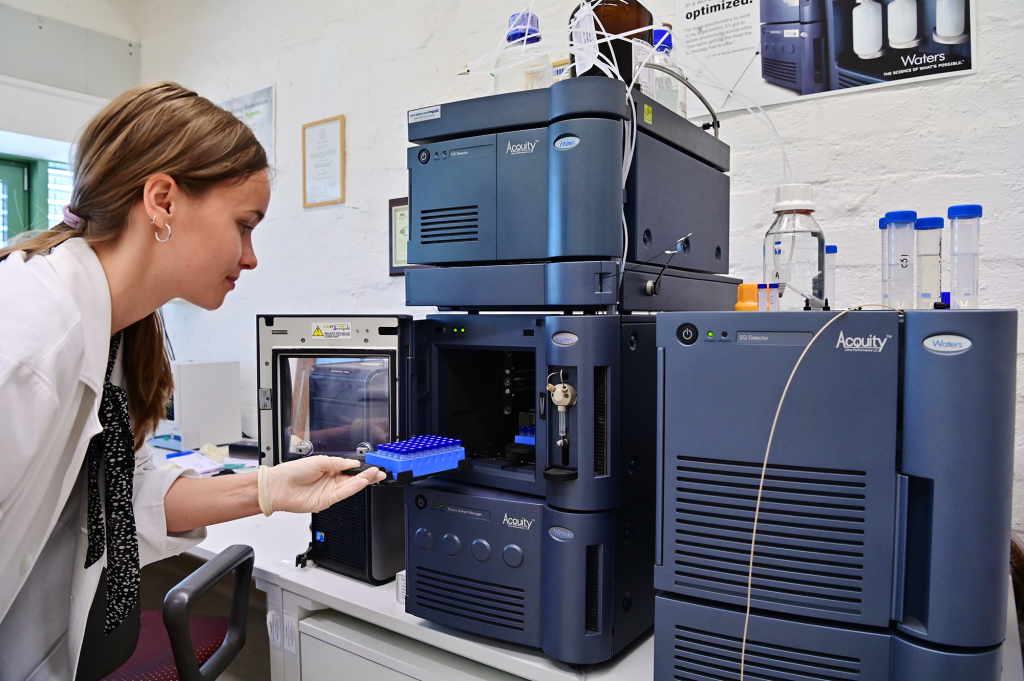Project identifier: 2020-1.1.6-JÖVŐ-2021-00009
Aid amount: HUF 349 743 947
Project implementation start date: 01.06.2021.
Deadline for physical completion of the project: 31.05.2024.
Today, viral and bacterial infections are a global problem for humanity. One of the major problems in the diagnosis of infectious agents is the need to isolate the hereditary material of the virus or bacterium, which in many cases is still done by manual (human) pipetting. This can significantly increase the risk of infection for laboratory workers. However, in the case of large sample numbers (>500), invalid tests resulting from manual pipetting are inevitable and magnetic bead-based protocols are now available. One advantage of these platforms is that they can be automated by robotic pipetting, but are less cost-effective.
The fundamental objective of the project is to develop a magnetic nanoparticle and quantum dot based diagnostic procedure that accelerates and enables automated identification of viral and bacterial hereditary material from complex matrices. We are developing magnetic nanoparticles and quantum dots that can specifically bind pathogen hereditary material. The newly created particles will be characterised and used to develop a standard laboratory protocol for the detection of various infectious agents. The result will be a high-throughput, robotic and cost-effective diagnostic platform. We estimate that the time and cost savings of the protocol will be in the range of 2-5 times. To label the bound DNA/RNA molecules, we will create a new high-efficiency labeling agent that is orders of magnitude more sensitive than currently used labeling molecules. This will allow the detection of extremely low DNA/RNA concentrations, significantly reducing the number of invalid tests. We are developing a new protocol combining a magnetic nanoparticle/quantum dot based separation system with increased sensitivity detection. This simplified protocol will be robotized on a high-throughput automatable platform.
The diagnostic platform resulting from this project could be a cost-effective solution for automated high-throughput identification of various viral and bacterial infections. It is also important to note that since the sample preparation is automated, the use of human resources is minimised, thus reducing the contamination of laboratory staff.



